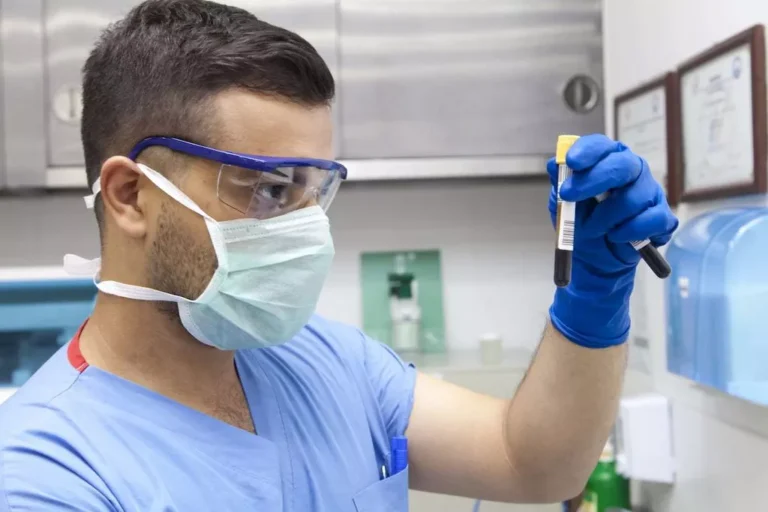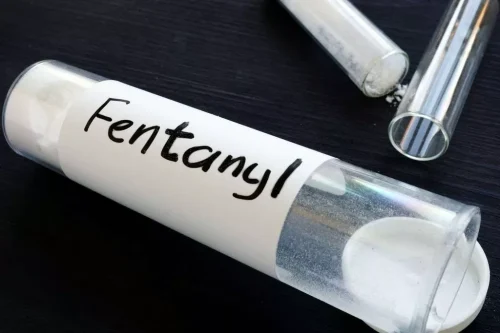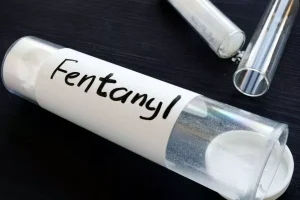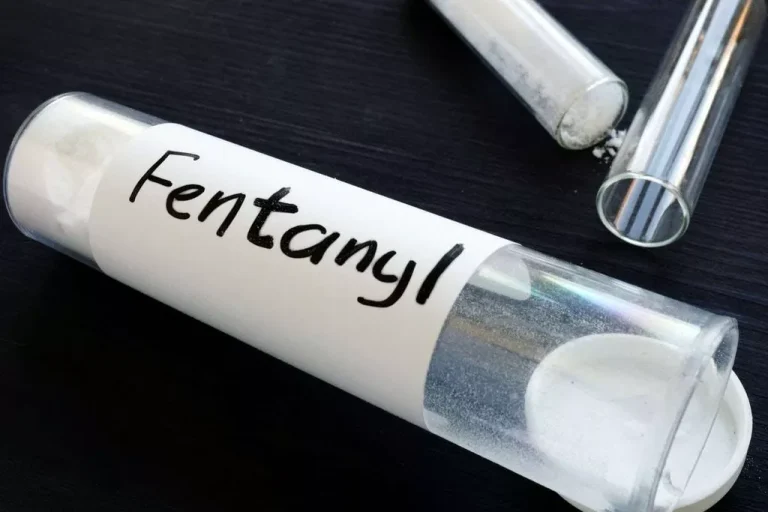What Should One Know about Alcohol-Induced Kidney Pain?

This doubles your risk of developing chronic kidney disease or long-term kidney damage. Experiencing kidney pain when drinking water raises important questions about underlying health conditions requiring attention. Understanding potential causes—from kidney stones to urinary tract infections—can facilitate timely interventions that alleviate discomfort while promoting overall well-being.
- Heavy drinking can also cause liver disease, which makes your kidneys have to work harder.
- Sickle cell anemia is a genetic condition that changes the shape of red blood cells.
- It depends on size, location and the type of stone you have.
- Weight gain can put pressure on the spine, affecting the bones and nerves, and altering posture, which can cause back pain.
Add More Watermelon to Your Diet
A balanced diet complements hydration in managing kidney discomfort. Foods rich in antioxidants, such as berries, can reduce inflammation. Monitoring protein intake is crucial since excess protein can strain the kidneys. A low-sodium diet is also recommended to prevent hypertension. Most cases are congenital, according to the Urology Care Foundation. However, it is possible to develop ureteropelvic junction obstruction in adulthood due to kidney stones or inflammation in the upper urinary tract.

Kidney Infection

You may experience this pain as a dull ache or as an abrupt, sharp, stabbing pain. It could affect one or both sides of the body and be minor or severe. Some of these impacts won’t be felt until they cause you pain, or drug addiction lead to other health conditions with recognisable symptoms. Yes, you can have alcohol on dialysis with a doctor’s approval.
Kidney Pain After Drinking Alcohol: Possible Causes
While most of the remedies above will help ease kidney stone pain as well, there are more specific solutions for kidney stones. Let’s take a look at some of the specific ways you can alleviate kidney stone pain. It’s important to note that while kidney pain is a common symptom of urinary issues, it may be a warning sign of a more serious problem. If kidney pain is recurrent, severe, or accompanied by other symptoms, contact your urologist immediately. Recognising symptoms early and seeking medical advice can prevent irreversible kidney damage. Chronic alcohol use interconnects with liver damage, elevating kidney disease risks.
- Some of the harmful substances it filters out include drugs and alcohol.
- Repeated binge episodes can lead to chronic conditions that further impair kidney health.
- The type of kidney damage that causes these painful symptoms varies.
- Now, over time, this can put a strain on your kidneys because they’re trying to filter out waste from your body, but they’re actually operating with less fluid than they need.
Can You Reverse the Effects of Drinking on Your Kidneys?

Proper hydration will help maintain healthy kidney function and reduce discomfort. Even those who only have two drinks per day may have a higher risk of high blood pressure, a leading cause of kidney disease. To avoid this, try giving small amounts of fluid gradually instead of overwhelming them with large quantities at once. Dehydration is a condition that occurs when your body has lost too much fluid. When the kidneys don’t see enough fluid and they don’t get enough blood flow, pressure, or perfusion, that can definitely lead to kidney failure.

Now let’s talk about five warning signs and symptoms of dehydration. Basil, celery, and pomegranate juices are known to fight kidney stones and relieve pain in the kidneys as well. Each contains antioxidants, which will improve your kidney health and flush toxins out of your kidneys. However, these types kidney pain from drinking of juices aren’t for everyone, so we suggest asking your urologist before including any of these juices in your diet. Pain in the kidneys could also be an indicator of kidney cancer, bleeding in your kidneys, polycystic kidney disease (PKD), or blood clots in your kidneys.
